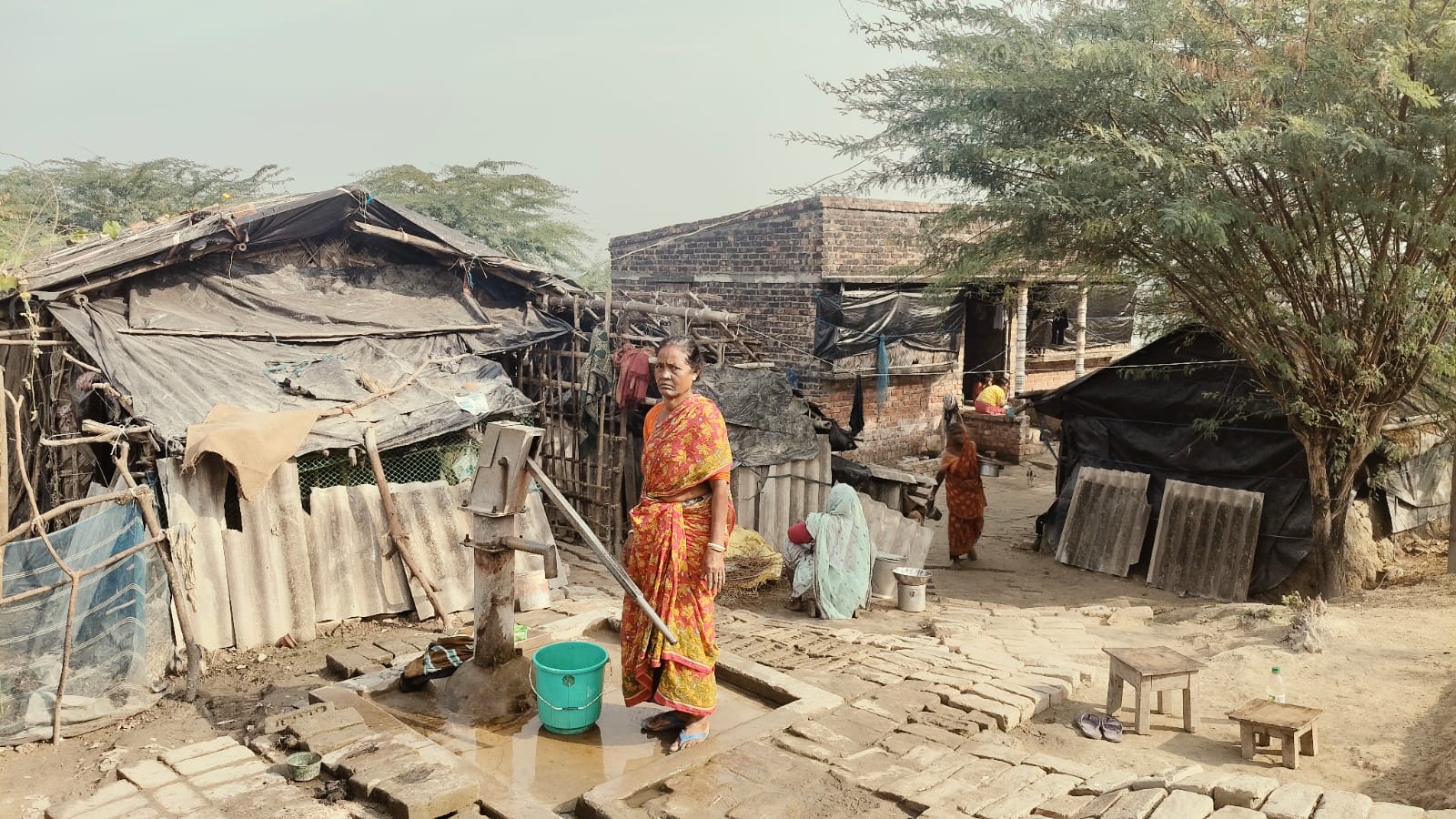“Water, Sanitation, and Hygiene (WASH) for All,” initiated by Synergy for Social Development, is committed to ensuring access to safe and clean drinking water, improved sanitation, and hygiene practices for communities. By constructing and maintaining water supply systems, including wells, boreholes, and water purification facilities, we aim to provide sustainable solutions for clean water access. Enhancing sanitation infrastructure through the construction and maintenance of public toilets and latrines, and implementing waste management programs ensures the proper disposal of human waste.
Hygiene awareness campaigns are conducted to promote proper sanitation practices, including educational programs on the importance of handwashing and personal hygiene. Initiatives to address menstrual hygiene challenges include providing sanitary products and conducting awareness campaigns to eliminate stigma around menstrual hygiene.
Community-Led Total Sanitation (CLTS) programs empower communities to take collective action for improved sanitation, complemented by training sessions on sustainable sanitation practices. Water quality testing programs are implemented to ensure the safety of drinking water, and communities are provided with information on water quality and purification methods.
Designing and implementing water and sanitation facilities that are resilient to natural disasters is a priority, alongside training on emergency preparedness and response for water and sanitation teams. WASH facilities are established in schools, providing clean water sources and separate toilets for boys and girls. Hygiene education programs for students instill good sanitation practices.
Behaviour change communication strategies are developed and implemented to promote WASH practices, utilizing community engagement approaches to encourage sustained behaviour change. Rainwater harvesting initiatives and water conservation programs are promoted to ensure sustainable water use. Community-based WASH committees are established and empowered to oversee maintenance and usage of facilities, with training provided for effective WASH management.
Collaboration with urban planning authorities integrates WASH considerations into city planning, advocating for the inclusion of public sanitation facilities in urban development projects. Rapid response plans for WASH in emergencies are developed and implemented, with emergency relief provided, including water purification and sanitation facilities in crisis-affected areas.
Advocacy for sustainable financing mechanisms for WASH projects ensures ongoing maintenance and repairs, with partnerships with local authorities and communities to establish funds. WASH education is integrated into health programs, emphasizing the connection between clean water, sanitation, and health. Collaboration with healthcare providers addresses waterborne diseases through WASH interventions. Research initiatives are supported to explore innovative solutions for WASH challenges, piloting and implementing new technologies to improve water and sanitation access.
